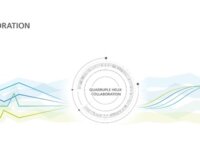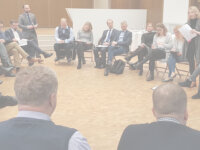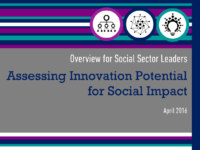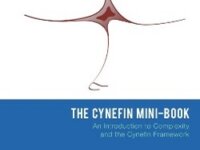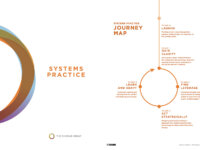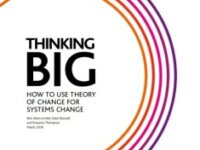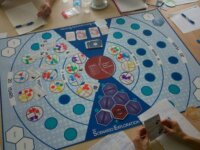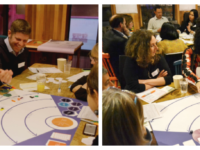Global: Systems Approaches
Wales is in the midst of a major education reform process. As we know, good education policy is not about perfection on the page, it’s about what happens in the classroom. This is why Wales needed to think about not only effective policy development but also effective policy implementation. What conditions make for effective policy implementation? Our colleagues in the OECD Education Directorate’s Implementing Education Policy team collaborated with key actors in the Welsh education...
For better or worse, the minutiae of government operations can easily fly under the radar of the average person. Not so, in the domain of education. The success or failure of an education system hits close to home, as most people have been through it. If they later come to care for learners who go to school, any faraway memories of textbooks and schoolyard games transmute into something more urgent. The school becomes a locus...
This is a guest post from Robert Braun, Johannes Starkbaum and Anna Gerhardus of the Institute for Advanced Studies, Vienna, Austria, and the RiConfigure EU research project (Grant agreement No.: 788047). Public sector innovation is widely seen as a key for ‘doing things better’. However, innovation per se will not necessarily lead to ‘the better’ nor define what ‘the better’ actually is. Just as the novel OECD Declaration on Public Sector Innovation suggests , we...
A reflection on a workshop co-designed with Piret Tõnurist and Kevin Richman as part of a programme led by Piret Tõnurist. Building on OPSI’s ongoing systems work, including in Scotland, Finland, and Slovenia, the team travelled to Estonia to learn about their policymaking approach and design a custom workshop module to build capacity around systems-thinking. I am sharing the tools and materials here in case others find them useful. This session comprised a module in a...
The resource is intended for those working in the international development or social impact space to assesses the future impact that innovation can deliver in a system. It focuses on three "systems": The Problem Space, The Innovation Space, The Context.
It's goals are to precipitate better understanding of the problem of focus and the context in which it exists, assess enablers and barriers
to innovation, track system change over time, and assess the impact of a program ex post facto. It…
This mini-book is based around the Cynefin framework, a contexutalisation and sense-making framework developed by Dave Snowden. The resource provides an overview of the Cynefin framework and use of narrative research, guidance and a tool for developing shared sense-making, and tools and guidance for developing a portfolio of experiments for different types of problems, distinguishing between complicated and complex problems.
The publisher requires a free login in exchange for downloading the…
This resource walks you through a systems practice, and describes process phases (Launch, Gain Clarity, Find Leverage, Act Strategically, and Learn and Adapt) and methods for guiding the practice.
This resource has been developed in collaboration with teams across The Omidyar Group. This workbook aims to fill the gap between the promise of a systems approach for making social change and putting it into practice. It was created alongside curriculum as part of a paid course.
For each method,…
This report identifies five common pitfalls that organisations fall into when using theory of change, and walks through five rules of thumb that will help organisations to use the approach to tackle complex problems. The report includes case studies demonstrating these pitfalls and rules of thumb in practice.
The Scenario Exploration System (SES) is a serious game for future simulation (2035 and 2050). It involves participants exploring their long-term objectives in contrasting scenario-related contexts while interacting with other stakeholders. By creating a realistic journey towards the future, the SES generates a safe space to simulate possible responses connected to any issue of interest to the participants.
There are two editions: "Sustainable Transitions" and "Food Safety and Nutrition…
The Game of Life 2050 draws on scenarios for a sustainable European society in 2050. It is an interactive board game in which players consider four scenarios that describe the radical changes needed to be living within key environmental boundaries by 2050.
The game takes a minimum of 2 hours to run (ideally 4 hours) and involves 5-7 actors (each played by one person or in pairs) and one Games Master.
Play consists of three ‘rounds’ in which actors are given a set of circumstances that have…



